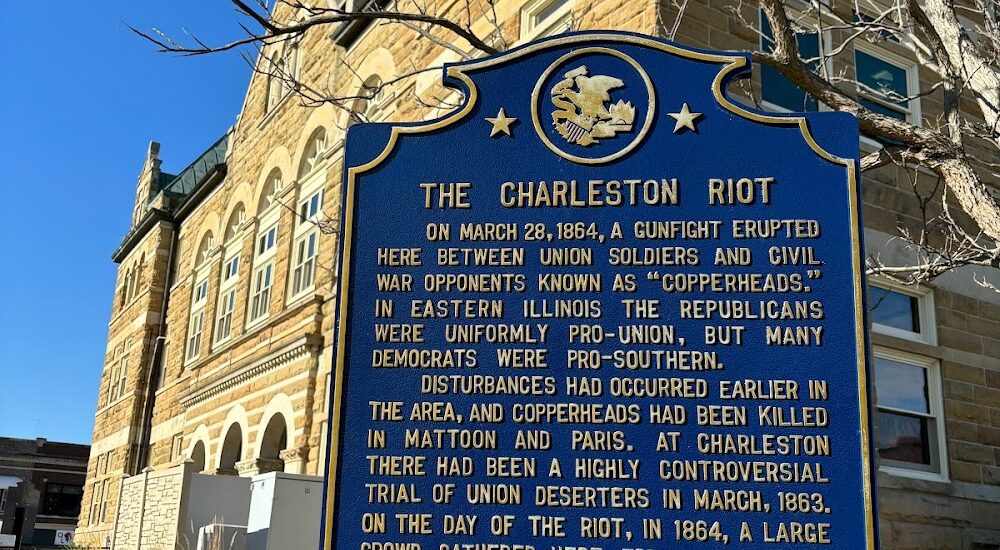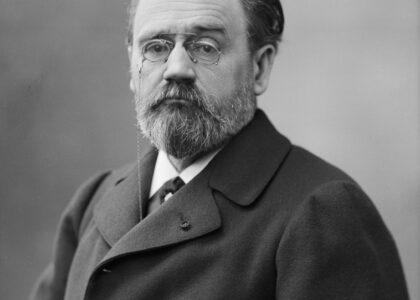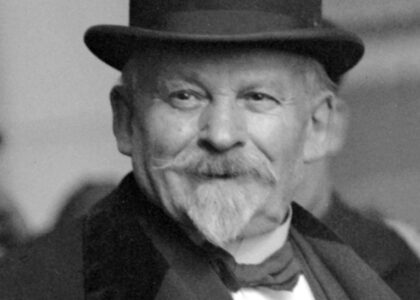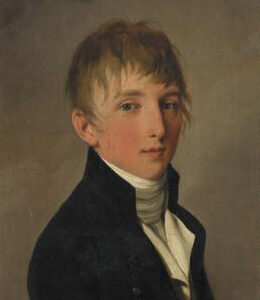Welcome to the Charleston Riot State Historic Site in Charleston, Illinois. This location is a poignant reminder of a significant yet turbulent chapter in American history, particularly during the Civil War era. Established in 1831, Charleston was named after its first postmaster, Charles Morton. It became a notable site when it was incorporated in 1865, but its history began long before that.
The area was originally inhabited by Native American tribes who thrived here due to the rich natural resources provided by the tallgrass prairies and the Embarras River. Early European settlers coexisted with these tribes until tensions arose, leading to conflicts in the early 19th century.
The city gained national attention during the American Civil War due to the infamous Charleston Riot on March 28, 1864. This violent conflict erupted between Union soldiers and local Copperheads, Northern Democrats who opposed the war and sympathized with the South. The riot resulted in the deaths of six Union soldiers, two Copperheads, and one bystander, drawing the attention of President Abraham Lincoln and newspapers nationwide.
Charleston also holds a significant place in the story of Abraham Lincoln. Lincoln frequently visited the area as his father and stepmother lived nearby on Goosenest Prairie. One of the famous Lincoln-Douglas debates took place here on September 18, 1858, a crucial event in Lincoln’s political career.
Over time, Charleston evolved from a small frontier settlement into a center of education with the establishment of Eastern Illinois University in 1895. This development was a result of a campaign to locate a teaching school in the area, marking Charleston’s transformation into an educational hub.
The Charleston Riot State Historic Site serves as a testament to the complexities and conflicts of the Civil War era, highlighting the divisions within communities and the broader national struggle over issues of slavery and state rights. Visitors to the site can reflect on the impact of these historical events and the enduring legacy of the Civil War in shaping the United States.






